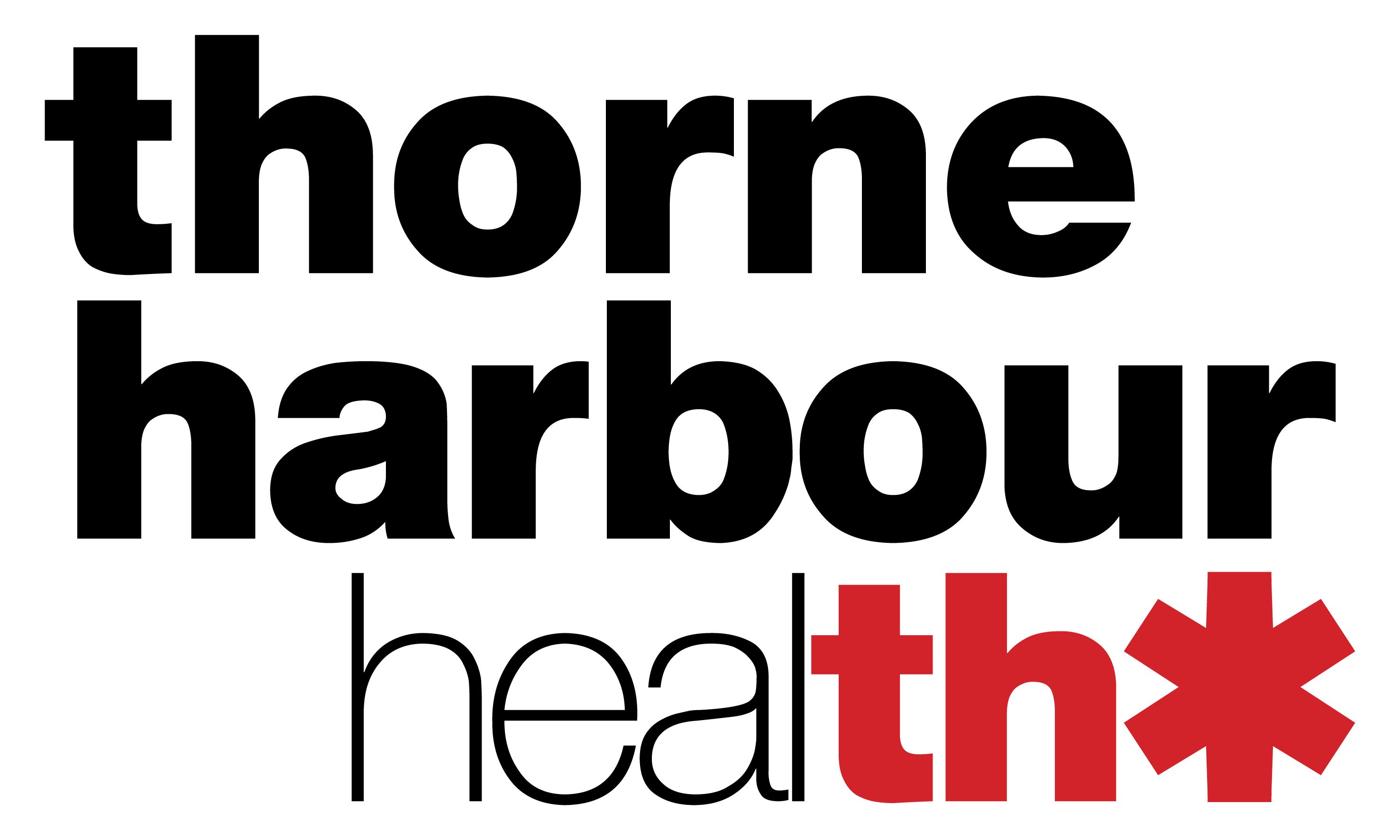IMPORTANT: Enrolments for training will go live approximately two months before training commences. If you do not have an Elevate! account, you will need to create your account first. Every time you wish to enrol into training, you will need to sign in. If you have not signed up to Elevate! previously, click the REGISTER button to create an account, then enrol.
****
This training session will explore the reasons why we need to provide treatment specifically for older adults (aged 60 years +) to prevent and reduce AOD related harms. It will cover the unique requirements of this cohort and what factors may impact their treatment journey.
Practical strategies will be considered to incorporate into your current practice and service delivery, with the session designed to be interactive and encourage discussion amongst participants.
IMPORTANT: Enrolments for training will go live approximately two months before training commences. If you do not have an Elevate! account, you will need to create your account first. Every time you wish to enrol into training, you will need to sign in. If you have not signed up to Elevate! previously, click the REGISTER button to create an account, then enrol.
****
This training session will explore the reasons why we need to provide treatment specifically for older adults (aged 60 years +) to prevent and reduce AOD related harms. It will cover the unique requirements of this cohort and what factors may impact their treatment journey.
Practical strategies will be considered to incorporate into your current practice and service delivery, with the session designed to be interactive and encourage discussion amongst participants.
CLICK ENROL NOW TO ENROL AND REGISTER FOR THE ZOOM LINK
IMPORTANT: Enrolments for training will go live approximately two months before training commences. If you do not have an Elevate! account, you will need to create your account first. Every time you wish to enrol into training, you will need to sign in. If you have not signed up to Elevate! previously, click the REGISTER button to create an account, then enrol.
****
This training session will explore the reasons why we need to provide treatment specifically for older adults (aged 60 years +) to prevent and reduce AOD related harms. It will cover the unique requirements of this cohort and what factors may impact their treatment journey.
Practical strategies will be considered to incorporate into your current practice and service delivery, with the session designed to be interactive and encourage discussion amongst participants.
IMPORTANT: registrations for training will become live approximately two months prior to start of training. To enrol in this or any training, you must click the link below and fill in the registration. If you do not complete the registration, you will not have a place in the training. If you experience a broken link, please get in touch with us at elevate@vaada.org.au
****
This training is facilitated by transgender and gender diverse identified trainers and will support you and your organisation to:
- Build understanding of trans and gender diverse health and wellbeing
- Understand the importance and use of respectful and appropriate language
- Understand the impact of discrimination on trans and gender diverse people
- Understand and apply the legislative and legal requirements to respect and recognise gender identity
- Explore and develop trans and gender diverse policy and practice recommendations
- Develop strategies to create cultural safety
IMPORTANT: registrations for training will become live approximately two months prior to start of training. To enrol in this or any training, you must click the link below and fill in the registration. If you do not complete the registration, you will not have a place in the training. If you experience a broken link, please get in touch with us at elevate@vaada.org.au
****
The Advanced Supervision Skills training package includes a pre-workshop e-learn and a half-day online workshop focusing on discussions and skill-building activities to apply learnings. It has been designed for those who have completed the Supervision Skills Foundations training and who are seeking to further expand their supervisory skills.
What is covered?
Building on the learnings in the Foundations Package, this training further explores reflective practice approaches, and provides information and skills for facilitating group supervision sessions, responding to challenges in supervision and tailoring supervision to supervisees needs. Ethical and legal considerations in supervision are also explored.




